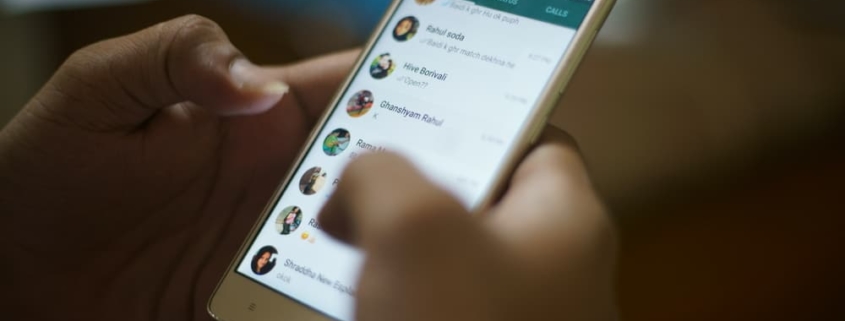Quote Made by WhatsApp
In a recent decision, when judging Habeas Corpus request, the 5th Panel of the Superior Court of Justice annulled the quote made through a call made by the WhatsApp application because he understands that the act did not meet the necessary requirements to confirm confirming the authenticity of the recipient, namely, phone number, written confirmation and individual photo.
In the civil sphere, the Code of Civil Procedure provides for service by electronic means in the form of the law. In the same sense, Law No. 11,419 of 2006 provides that “in the electronic process, all citations, subpoenas and notifications, including those of the Public Treasury, will be made electronically, in the form of this Law”.
In 2017, the National Council of Justice unanimously approved the use of the WhatsApp application as a tool for subpoenas in the entire Judiciary, as long as there is prior registration of users. For the validity of the act, the Ordinance requires confirmation on the same day of receipt of the message.
However, it must be borne in mind that the treatment of the quote is different. When disposing about the subject, the New Code of Civil Procedure asserts that the summons must be made in the person of the person being quoted.
When proceeding with the summons by electronic means, the actual receipt of the summons is questioned, in other words, the mere receipt of the message does not have the necessary conditions to prove that the person actually quoted is the one who is to be quoted.
In response, it is incumbent on the Justice Officer to inform, by means of a telephone call, the existence of the summons and, after obtaining some information, to register the act in the case file to obtain the presumption of public faith.
With the restrictions and changes imposed by the pandemic caused by the new coronavirus, electronic means of communication have become essential in day-to-day activities, including in the Judiciary with the implementation of work and remote assistance.
So it is necessary that the Judiciary also adapt to the new options provided by the advance in the communication of procedural acts and the possibility of personal summons by WhatsApp.



Leave a Reply
Want to join the discussion?Feel free to contribute!